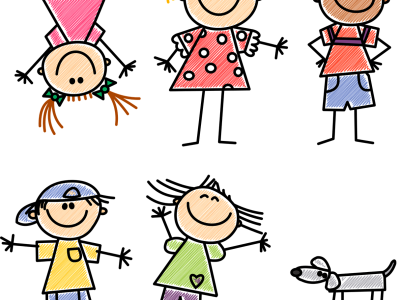

Cognitive Development
Toys are essential for stimulating a child's cognitive development. They encourage problem-solving, creativity, and critical thinking. One study published in the journal "Child Development" (Haight & Miller, 1993) found that children who engaged in play with complex toys exhibited higher levels of cognitive development compared to those with limited toy access. Building blocks, puzzles, and educational games, for example, encourage children to think spatially, plan ahead, and develop their problem-solving skills. By manipulating toys, children also enhance their fine motor skills and hand-eye coordination, which are crucial for academic success.

Emotional Development
Toys can have a profound impact on a child's emotional development. Stuffed animals, dolls, and action figures provide children with a medium to express their feelings and develop empathy. Dr. Deborah MacNamara, a renowned child psychologist, explains in her book "Rest, Play, Grow" that imaginative play with toys allows children to explore and make sense of their emotions, promoting emotional intelligence. Additionally, toys that encourage group play, like board games or team sports equipment, help children learn valuable lessons in cooperation, sharing, and conflict resolution. This social interaction with peers aids in the development of emotional regulation and empathy.

Social Development
Toys play a pivotal role in nurturing a child's social development. A study published in the "American Journal of Play" (Göncü et al., 2012) highlights the importance of toys in fostering social skills. Through role-playing with dolls, action figures, or playsets, children learn about relationships, social norms, and communication. Furthermore, toys that promote pretend play, such as kitchen sets or dress-up costumes, allow children to take on different roles and explore various social situations. This imaginative play helps them understand societal roles and expectations, enhancing their ability to interact effectively with others.
Unlocking Potential: The Importance of Toys in Child Development
Introducing toys to children of all ages is crucial for their development. Toys help infants and toddlers develop sensory and motor skills. As kids grow, toys stimulate cognitive abilities, problem-solving, and creativity. They also foster social skills, emotional intelligence, and provide opportunities for fun learning. Toys can serve as stress relievers and offer bonding moments for parents and children. In essence, toys are not just playthings; they are essential tools that contribute to a child’s holistic growth and should be encouraged throughout childhood.